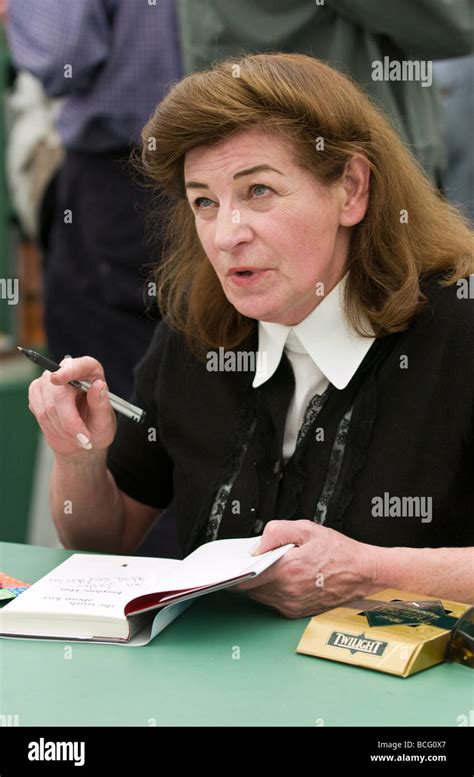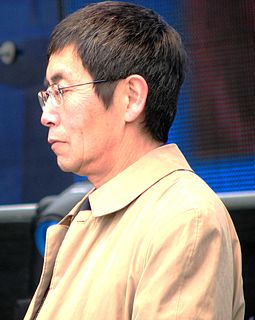Цитата У. Х. Одена
Большая часть поэзии — это высказывание человека в каком-либо состоянии страсти, любви, радости, горя, ярости и т. д., и, без сомнения, так и должно быть. Но ни один человек не находится постоянно в страсти, и те состояния, в которых он забавляется и забавляется, отстранен и непочтителен, если и менее важны, то не менее забавны. Если бы не было поэтов, которые, подобно Байрону, выражают эти состояния, Поэзии чего-то недоставало бы.
Связанные цитаты
Почти все люди рождаются с каждой страстью в той или иной мере, но вряд ли найдется человек, у которого не было бы доминирующей страсти, которой подчинены другие. Откройте эту господствующую страсть в каждом человеке; и когда вы нашли основную страсть мужчины, помните, что никогда нельзя доверять ему, когда дело касается этой страсти.
Трудно сравнивать культуры, не делая чрезмерных обобщений, но я думаю, что большая часть американской поэзии отличается напористостью, жизнерадостностью, менее типичной для канадской поэзии. Конечно, в обеих странах есть поэты, к которым это обобщение неприменимо. Говоря в целом, я бы охарактеризовал канадцев как более сдержанных, чем американцы. Не менее самоуверенный - просто менее прямой.
Откуда вообще эта страсть к конформизму? – разнообразие – это слово. Пусть человек сохранит свои многочисленные части, и у вас не будет тиранических государств. Почему, если они будут следовать этому бизнесу конформизма, они закончат тем, что заставят меня, человека-невидимку, стать белым, а это не цвет, а его отсутствие. Должен ли я стремиться к бесцветности? А если серьезно и без снобизма, подумайте, что потеряет мир, если это произойдет. Америка соткана из многих нитей. Я бы признал их, и пусть так и остается.
Если бы он был менее хорошо обучен и менее осторожен, он бы сказал «ненавижу». Но он не может этого сказать; она слишком близка к страсти, а страсть слишком близка к любви, а любовь есть amor deliria nervosa, самая смертоносная из всех смертоносных вещей: она является причиной притворных игр, тайных «я», горловых спазмов. .
Я читал стихи Шела Сильверстайна, доктора Сьюза, и я рано заметил, что поэзия — это нечто, что просто засело у меня в голове, и я прокручивал эти рифмы и пытался придумать свои собственные. На английском единственное, что я хотел делать, это стихи, а все остальные дети говорили: «О, чувак. Мы должны снова писать стихи?» и у меня было бы стихотворение на три страницы. Я выиграл национальный поэтический конкурс, когда учился в четвертом классе, за стихотворение под названием «Монстр в моем шкафу».
Страсть. Оно лежит в каждом из нас. Спит... ждет... и хоть и нежеланный, непрошенный, но зашевелится... разинет пасть и завоет. Он говорит с нами... ведет нас. Страсть правит нами всеми. И мы подчиняемся. Какой еще у нас есть выбор? Страсть – источник наших лучших моментов. Радость любви... ясность ненависти... экстаз горя. Иногда это больнее, чем мы можем вынести. Если бы мы могли жить без страсти, может быть, мы знали бы какой-то покой. Но мы были бы пустыми. Пустые комнаты, закрытые и сырые. Без страсти мы были бы по-настоящему мертвы.
Чего хочет мир, чего ждет мир, так это не Современной Поэзии, Классической Поэзии или Неоклассической Поэзии, а Хорошей Поэзии. И ужасное позорное сомнение, которое будоражит мой собственный скептический ум, — это сомнение в том, действительно ли имеет большое значение, какой стиль выберет поэт для написания в любой период, пока он пишет Хорошие стихи.
Человек больше сам, человек человекоподобнее, когда Радость есть в нем основное, а Горе поверхностное. Меланхолия должна быть невинной интерлюдией, нежным и беглым состоянием души; Хвала должна быть постоянной пульсацией души. Пессимизм — это в лучшем случае эмоциональный полуотпуск; Радость есть шумный труд, которым все живет? Христианство внезапно и полностью удовлетворяет наследственный инстинкт человека быть на правильном пути; удовлетворяет его в высшей степени тем, что по его кредо Радость становится чем-то гигантским, а Печаль — чем-то особенным и малым.
Это один из тех вопросов, на которые хотелось бы получить четкий ответ. Вы знаете, работа поэзии в том, чтобы заставить нас чувствовать себя хорошо. Поэзия существует, чтобы позволить нам выразить наши самые сокровенные чувства. У поэзии нет одной роли в обществе. У поэзии много ролей. Я написал стихотворение, чтобы соблазнить свою жену. Я написал стихотворение, когда предложил ей выйти за меня замуж. Поэзия меня покорила. Поэзия вывела меня замуж.






































